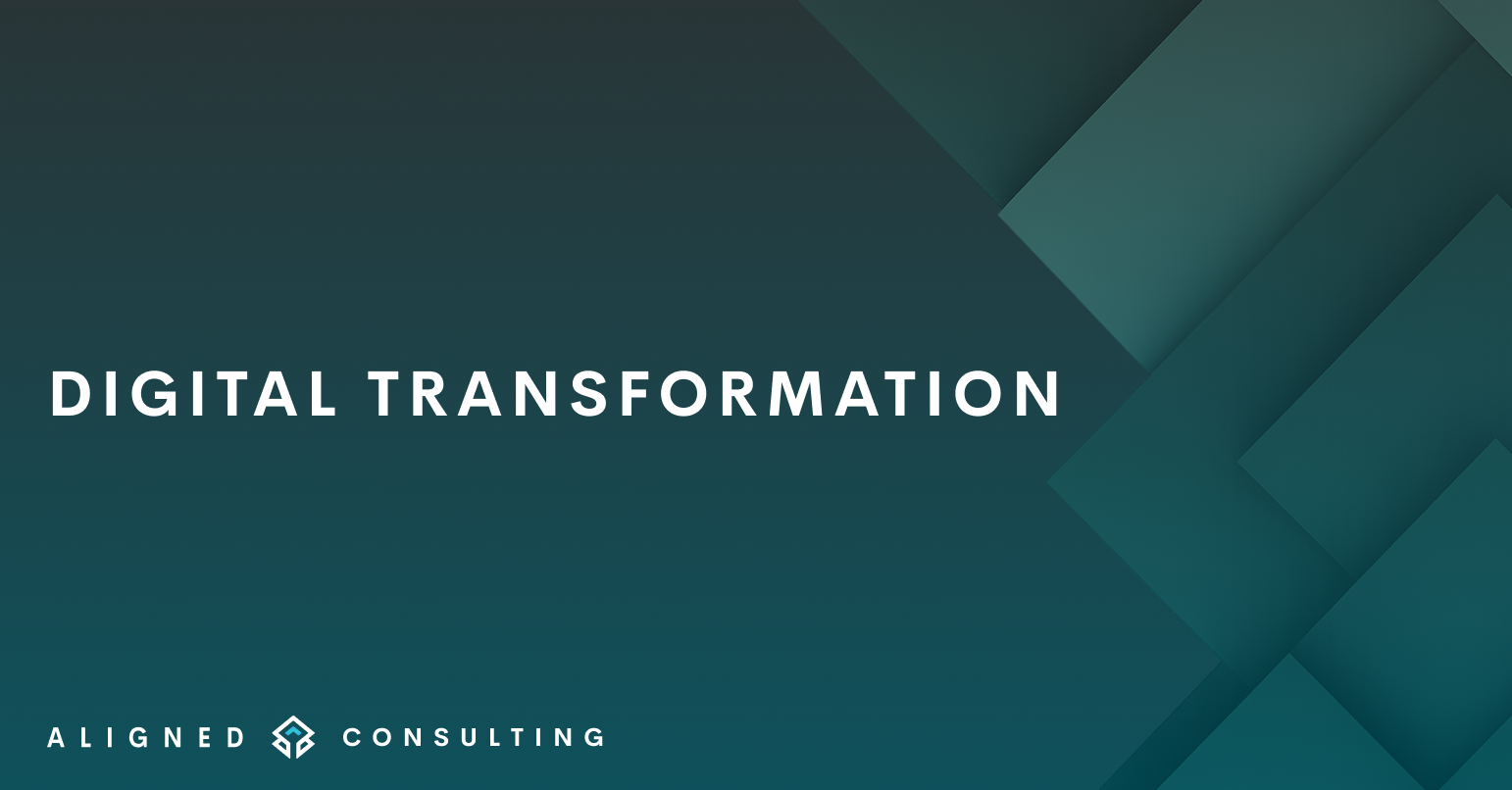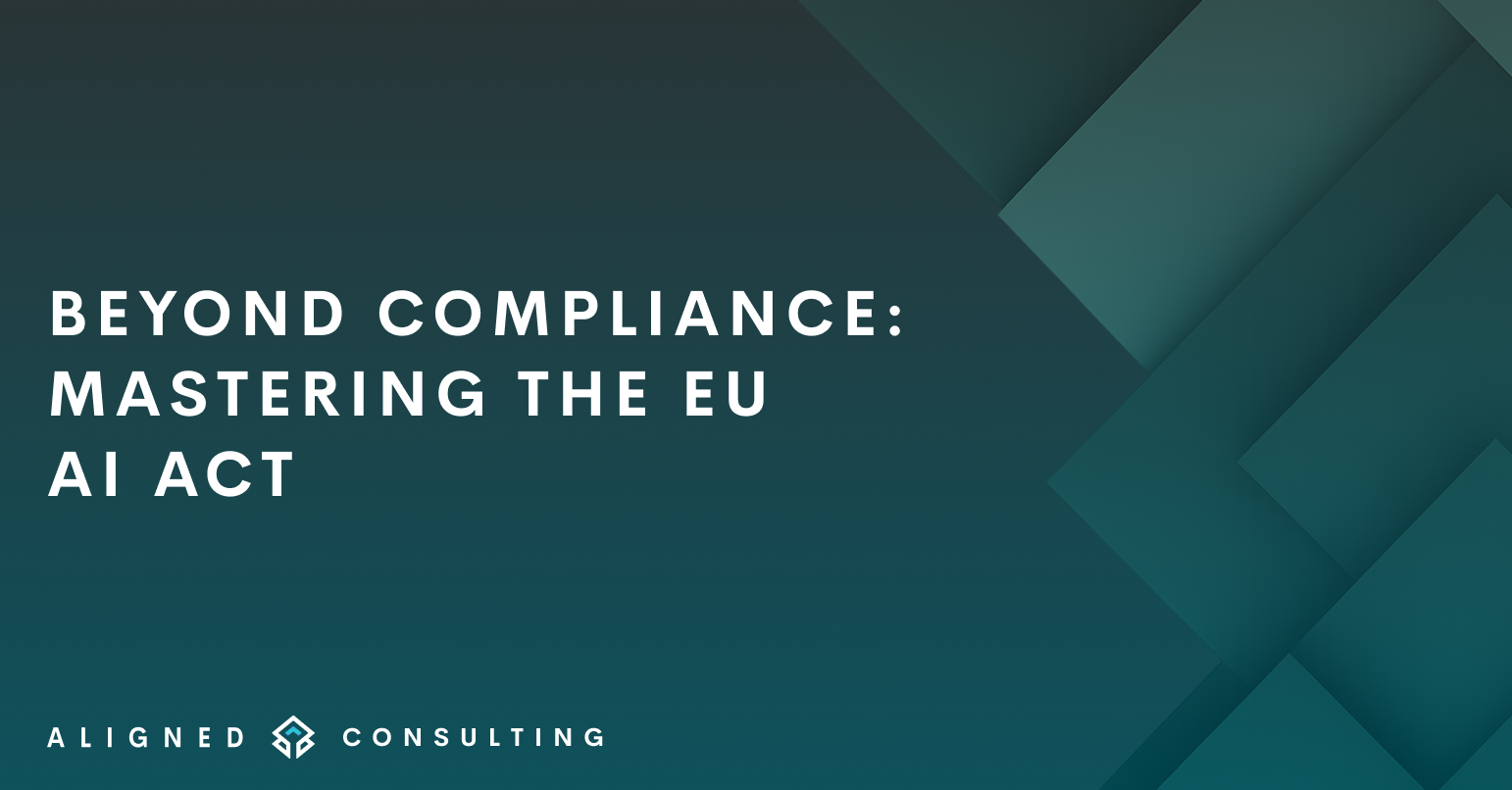
The Misconception of Digital Transformation
Digital transformation remains a dominant theme in today's business landscape, with global spending projected to reach $3.9 trillion by 2027 (IDC, 2024). Despite this, challenges persist: only 35% of organisations meet their digital transformation objectives (BCG, 2024), and complexity, talent gaps, and high costs rank as top barriers (TEKsystems, 2024).
A critical misunderstanding persists—digital transformation is often conflated with mere digitization. While 92% of leaders have adopted cloud technology (Statista, 2023), true transformation requires more than just deploying tools.
The True Nature of Digital Transformation
Digital transformation is an organisational metamorphosis, reshaping business models, processes, and culture. By 2033, the digital transformation market is forecasted to grow to $8.6 trillion (ElectroIQ, 2024), driven by AI, cloud, and data analytics. However, success hinges on systemic change:
- 77% of companies now use or explore AI (National University, 2024)
- 90% of organisations are undergoing some form of digital transformation (McKinsey, 2024)
The goal is value creation through digitally augmented processes, yet 74% of CSCOs prioritize hybrid cloud for supply chains (ElectroIQ, 2024), underscoring the need for holistic integration.
The Human Element in Digital Transformation
People remain central:
- 93% of workers deem digital savviness essential for performance (MIT Sloan, 2021)
- 22% of organisations cite skills shortages as a key challenge (Veeam, 2024)
Cultural alignment is critical. For example, DBS Bank’s digital culture initiatives earned it the title of World’s Best Digital Bank (Avrion, 2024). Meanwhile, 24% of IT leaders identify resistance to change as a barrier (Backlinko, 2025).
Cultural Framework for Successful Transformation
Effective change management requires inclusive strategies:
- Companies with robust change plans are 6x more likely to succeed (Whatfix, 2024)
- Microsoft’s shift to a growth mindset culture revitalised innovation (Avrion, 2024)
Models like the Competing Values Framework remain vital, but 86% of organisations believe workplace transformation enhances collaboration (ElectroIQ, 2024). The key lies in aligning technology with cultural evolution—where 55% of companies prioritize growth as their primary transformation goal.


